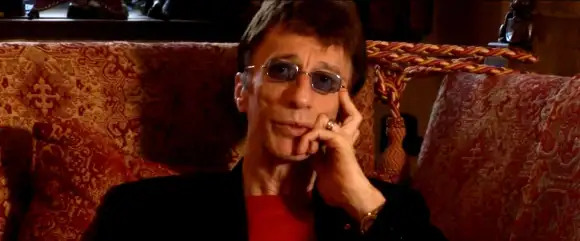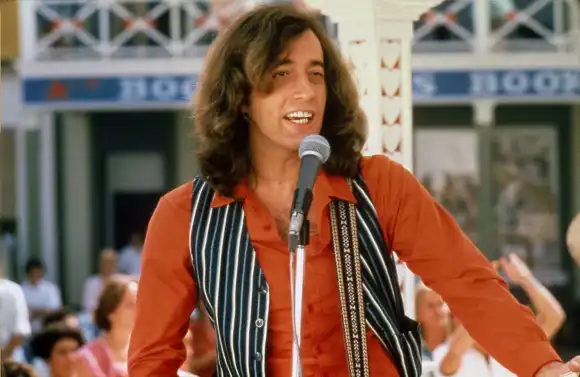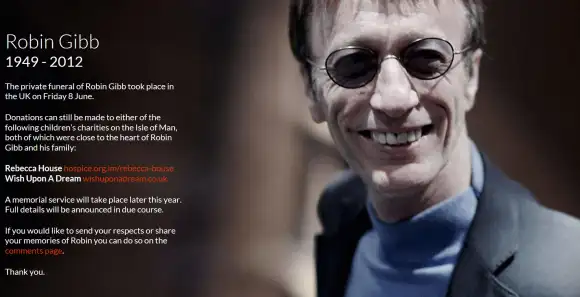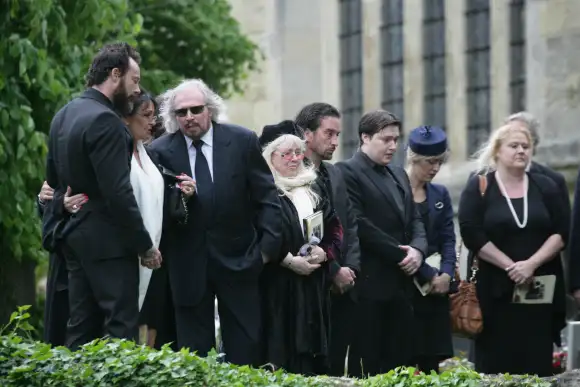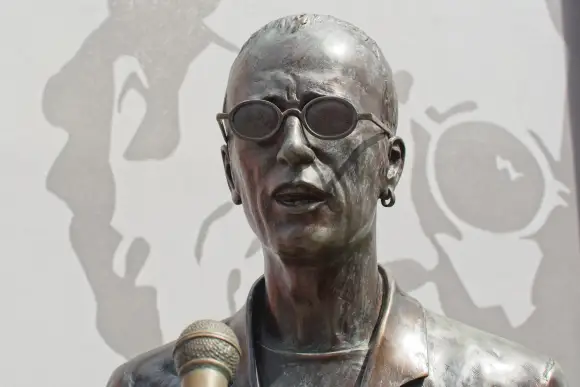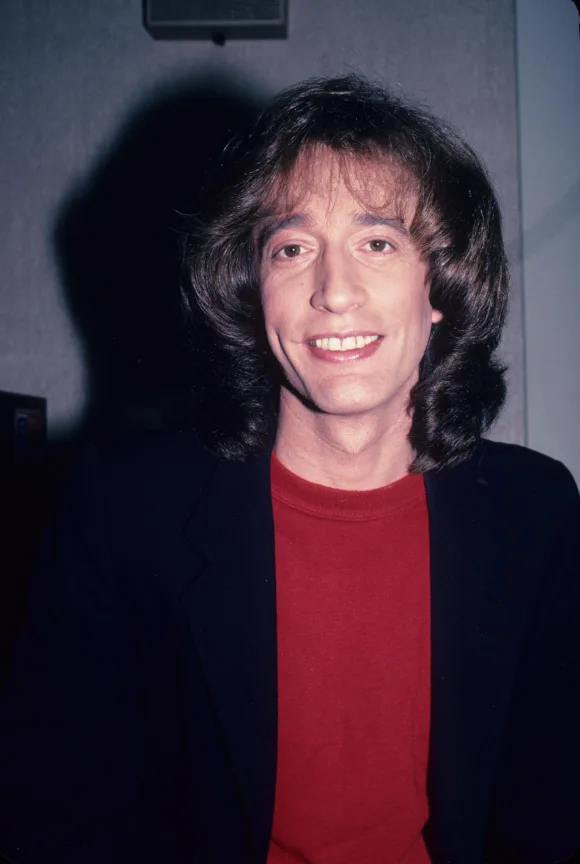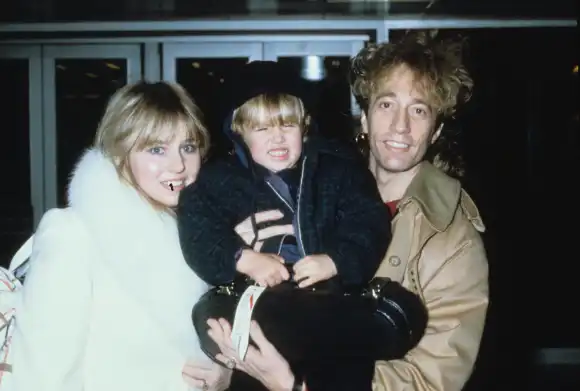Robin Gibb, one of the enduring voices of pop and disco music, passed away on May 20, 2012, at the age of 62, after a lengthy battle with cancer. Known for his distinctive falsetto and the deep harmony that defined the Bee Gees' signature sound, Robin’s death marked the end of an era for one of the most successful musical acts of the 20th century.
Bee Gees: Robin Gibb's Sad Cause Of Death
His passing, though tragic, offered an opportunity to reflect not just on his life and career, but on the extraordinary influence the Bee Gees had on the global music scene.





